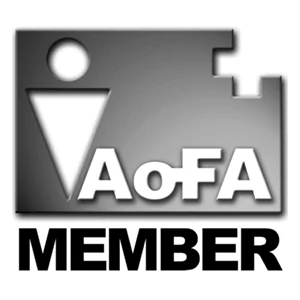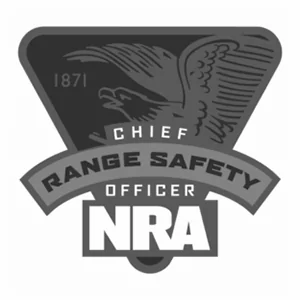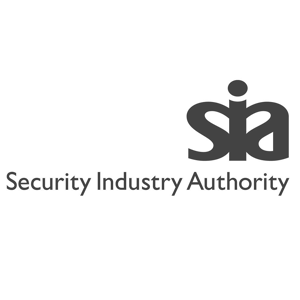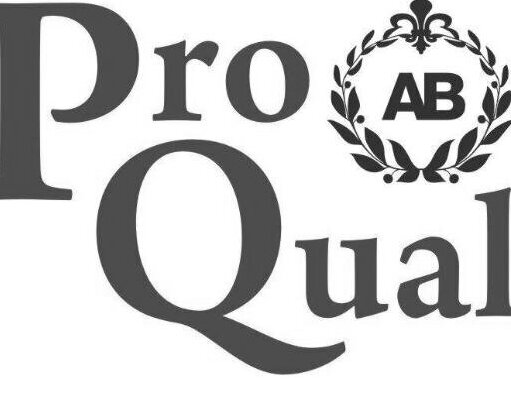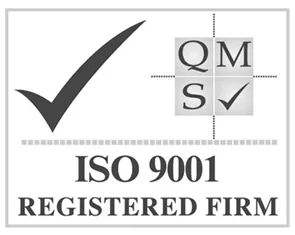Level 2 Top-Up Award | Door Supervisor Training & Certification
Boost Your Security Career with Level 2 Door Supervisor Top-Up Training
WHO IS THIS COURSE FOR?
Essential Qualification For Those Working Or Seeking Work As Door Security In The Private Security Industry. The Qualification Is A Pre Requisite Under The Terms Of The Private Security Industry Act (2001) For Individuals Working As Door Security In The Private Security Industry To Obtain A Licence From The Security Industry Authority.



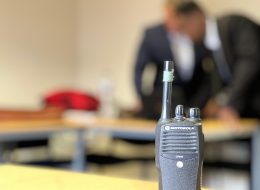
COURSE INFORMATION
The main objective of this qualification is to provide learners with the opportunity to update their knowledge, skills and understanding required to work as a security officer in the private security industry.
It is a requirement by the SIA that individuals working as a security officer renew their SIA licence every three years. The qualification has been developed for learners who currently hold a valid SIA licence to work as a security officer that will expire on or after 1st October 2021.
Note, from 1st October 2021 individuals must have the one of the following before they can apply for a security officer licence (this applies to any applications, including renewals):
- new Level 2 Award for Door Supervisors in the Private Security Industry introduced on 1st April 2021, or
- older Level 2 Award for Door Supervisors in the Private Security Industry and a ‘topup’ qualification for door supervisors
Pre-entry requirements
English language requirements
It is essential that security operatives can communicate effectively. They are likely in the course of their work to have to make calls to the emergency services, or to need to resolve conflict.
It is the centre’s responsibility to ensure that each learner is sufficiently competent in the use of the English and/or Welsh language. All assessment must take place in English and/or Welsh.
Learners should, as a minimum, have language skills in reading, writing, speaking, and listening equivalent to the following:
- a B2 Level qualification on the Home Office’s list of recognised English tests and qualifications
- a B2 Common European Framework of Reference for Languages (CEFR)
- an ESOL qualification at (Level 1) on the Ofqual register taken in England, Wales or Northern Ireland
- an ESOL qualification at Scottish Credit and Qualifications Framework Level 5 awarded by SQA Accreditation and taken in Scotland.
- Functional Skills Level 1 in English
- Core Skills in Communication at Scottish Credit and Qualifications Framework Level 5
- Essential Skills Wales Communication Level 1
First Aid
From 1st April 2021 learners taking their door supervision training for the first time will need to show that they hold a current and valid First Aid or Emergency First Aid certificate*. This must meet the requirements of the Health and Safety (First Aid) Regulations 1981. Training centres must confirm that each learner is sufficiently qualified in First Aid or Emergency First Aid.
Learners should, as a minimum, have achieved an Emergency First Aid at Work qualification covering the following outcomes:
- understand the role of the first aider, including:
- the importance of preventing cross-infection
- the need for recording incidents and actions
- use of available equipment
- assess the situation and circumstances in order to act safely, promptly, and effectively in an emergency.
- administer first aid to a casualty who is unconscious (including seizure)
- administer cardiopulmonary resuscitation and use of an automated external.
defibrillator
- administer first aid to a casualty who is choking.
- administer first aid to a casualty who is wounded and bleeding.
- administer first aid to a casualty who is suffering from shock.
- provide appropriate first aid for minor injuries (including small cuts, grazes and bruises, minor burns and scalds, small splinters)
Learners should present their First Aid or Emergency First Aid certificate* to their training centre before they start training. This certificate* must be valid for at least 12 months from the course start date.
*Training centres are permitted to deliver suitable First Aid qualifications together with security qualifications as part of a training package. Learners must complete and pass all First Aid training before starting the security training.
Qualification structure
This qualification is made up of 3 mandatory units. To be awarded this qualification the learner must achieve a total of 4 credits as shown in the table below.
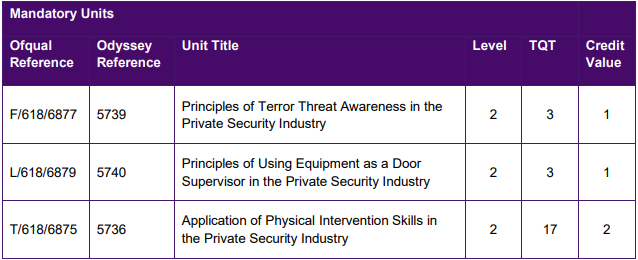
Opportunities for progression
Achievement of this qualification confirms the learner has gained the knowledge, skills and
understanding required to renew their security officer licence.
Learners can progress to the following qualification:
- Level 3 Certificate for Working as a Close Protection Operative within the Private Security Industry
Assessment
Externally-set and marked MCQ exam.
Externally-set, internally-assessed practical assessments.
Course Length
3 Days
Course Cost
£180 + vat
Location
London, Kent & Sussex (United kingdom)
Course Dates
Any time of the month
Qualification
Level 2 Award for Security Officers in the Private Security Industry (Top Up)
COURSE CONTENTS
Unit 1. Principles of Terror Threat Awareness in the Private Security Industry
- Understand terror threats and the role of the security operative in the event of a threat
Unit 2. Principles of Using Equipment as a Door Supervisor in the Private Security Industry
- Know how to use equipment relevant to a door supervisor
- Know what actions to take in relation to global (or critical) incidents
Unit 3. Application of Physical Intervention Skills in the Private Security Industry
- Understand physical interventions and the implications of their use
- Understand the risks associated with using physical intervention
- Understand how to reduce the risks associated with physical intervention
- Be able to use physical skills to protect yourself and others
- Be able to use non-pain compliant standing, holding and escorting techniques



